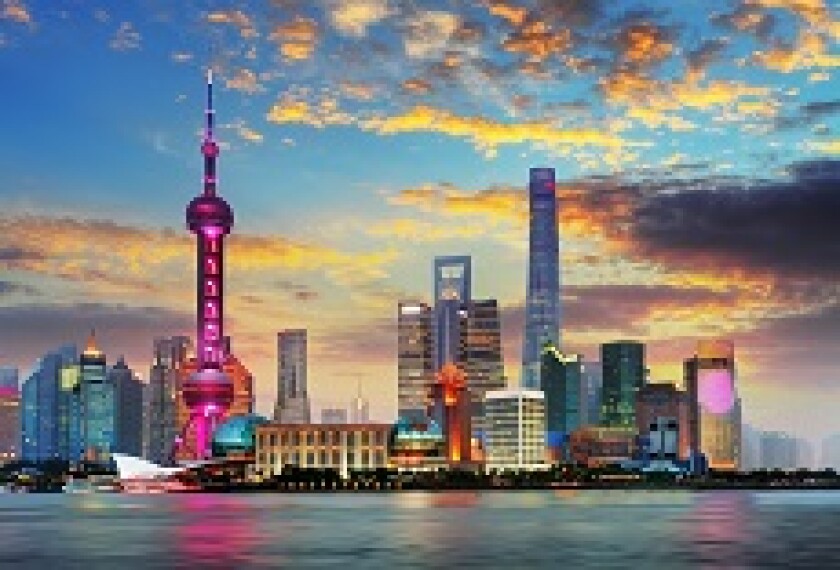The MoF conducted a one-time transfer of 10% of its shares in Industrial and Commercial Bank of China (ICBC), Agricultural Bank of China (ABC) and Bank of Communications (BoCom) to the National Council of Social Security fund, the newly set up state-owned pension fund.
The shares transferred from ICBC, BoCom and ABC accounted for 3.46%, 2.65% and 3.92% of the total shares of the three banks, respectively, according to announcements from the firms last Friday.
This is not the first time the MoF has moved its shares in large banks to the fund. The ministry transferred another 10% of its shares held in ICBC and ABC to the fund in September last year.
*
Wang Jianjun, the president and chief executive officer of the Shenzhen Stock Exchange, will soon be promoted to chairman, domestic media Caixin reported. After his promotion, Wang will lead efforts in reforming the bourse to adopt a registration-based IPO system.
The bourse’s former chairman, Wu Lijun, left the position in September to become the vice-chairman and general manager of China Everbright Group.
*
US treasury secretary Steven Mnuchin told Fox News Channel on Sunday that the Chinese translation of the phase one trade deal did not change the Mainland’s commitments to the deal, pouring cold water over contradicting rumours over the weekend.
He also disclosed that China had agreed to buy $40bn to $50bn of agricultural products from the US annually and $200bn of US goods overall in the next two years.
The agreement is set to be signed in Washington this week. Chinese vice premier Liu He is travelling to the US on Monday.
“Given the size of the total Chinese imports and US exports, there should be sufficient room in theory for China to increase its purchases from the US by $200bn,” Hui Shan, an economist at Goldman Sachs, wrote in a Friday note. “However, doing so within two years would likely require policy assistance such as lower tariffs and more state-owned enterprises buying under administrative measures.”
She added that because of these, the Chinese government may need to keep the onshore renminbi rate stable or modestly stronger against the dollar to maintain its purchasing power.
*
Tsai Ing-wen, the president of Taiwan’s Democratic Progressive Party, was re-elected as Taiwan’s president, beating Nationalist Party candidate Han Kuo-yu. Tsai’s party advocates for Taiwan’s independence from mainland China.
*
Agricultural Bank of China is planning to issue up to Rmb120bn ($17.4bn) of additional tier one capital bonds and Rmb40bn of tier two capital instruments in the domestic market this year, according to a stock exchange notice on Friday.
*
The Hainan province saw its foreign direct investment inflow rising by 107.8% in 2019, reaching $1.5bn, the province's commerce department said last Friday.
In 2020, Hainan will focus its opening up efforts on the finance leasing, new energy vehicles, pharmaceutical engineering and medical devices sectors, the department said.
*
The China Banking and Insurance Regulatory Commission held its 2020 planning meeting on Friday. Key goals include keeping the shadow banking industry in check and the real estate funding policies strict.
It also emphasised the need to guide more capital into the real economy, especially encouraging commercial banks to support small and micro enterprises. It vowed to further lower the financing cost of small and micro-enterprises by 0.5 percentage point and require the five large commercial banks — ABC, Bank of China, BoCom, China Construction Bank and ICBC — to increase their loans to small and micro enterprises by more than 20%.

